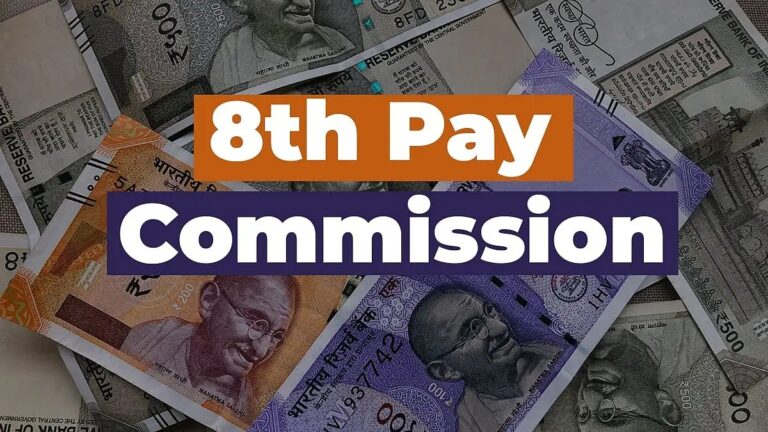
Central Government Employees Await 8th Pay Commission Implementation
Central government employees and pensioners have been eagerly awaiting the implementation of the 8th Pay Commission, with many questioning the timeline for its rollout. While sources suggest the commission could be implemented in 2026, the government has yet to confirm this. The delay in forming the commission has raised concerns among employees, who hope for significant salary adjustments. The proposed changes could lead to a substantial increase in basic salaries, potentially transforming the financial landscape for thousands of workers. However, official confirmation remains pending, leaving employees in a state of anticipation.
Projected Salary Increases and Fitment Factor
The potential salary increase for central government employees hinges on the fitment factor, which is expected to be as high as 2.86. This factor could elevate the basic salary of level-2 employees by approximately 50%, with the minimum salary for central employees projected to rise from Rs 18,000 to Rs 40,000. The Modi government approved the formation of the 8th Pay Commission on January 16, 2025, but the committee has not yet been established. This delay has sparked discussions about the feasibility of meeting the 2026 implementation deadline.
Implications of the 8th Pay Commission Recommendations
If the 8th Pay Commission’s recommendations are implemented, central employees could see a 20-25% increase in their basic salaries. Additionally, there may be adjustments to Dearness Allowance (DA), House Rent Allowance (HRA), and other benefits. Employees with general grade pay might experience a monthly salary boost of Rs 8,000 to Rs 15,000. The government’s decision to form a new pay commission every decade underscores the significance of this reform, which could reshape the compensation structure for millions of workers.
Challenges in Forming the Commission
The delay in forming the 8th Pay Commission has raised questions about the government’s commitment to addressing employee concerns. While the formation was officially approved in 2025, the lack of progress has led to speculation about potential obstacles. Employees are closely monitoring developments, hoping for clarity on when the commission will be established and how its recommendations will impact their salaries. The absence of a formal timeline has left many in uncertainty, highlighting the need for transparent communication from the authorities.
Category-Specific Implications
The 8th Pay Commission’s recommendations will likely affect various categories of government employees, including those in the Central Government, Andhra Pradesh, Assam, Bihar, and other states. The proposed salary adjustments could have far-reaching implications for different regions and sectors. As the government works to finalize the commission’s structure, stakeholders across all categories are preparing for potential changes that could redefine their financial stability and job satisfaction.



